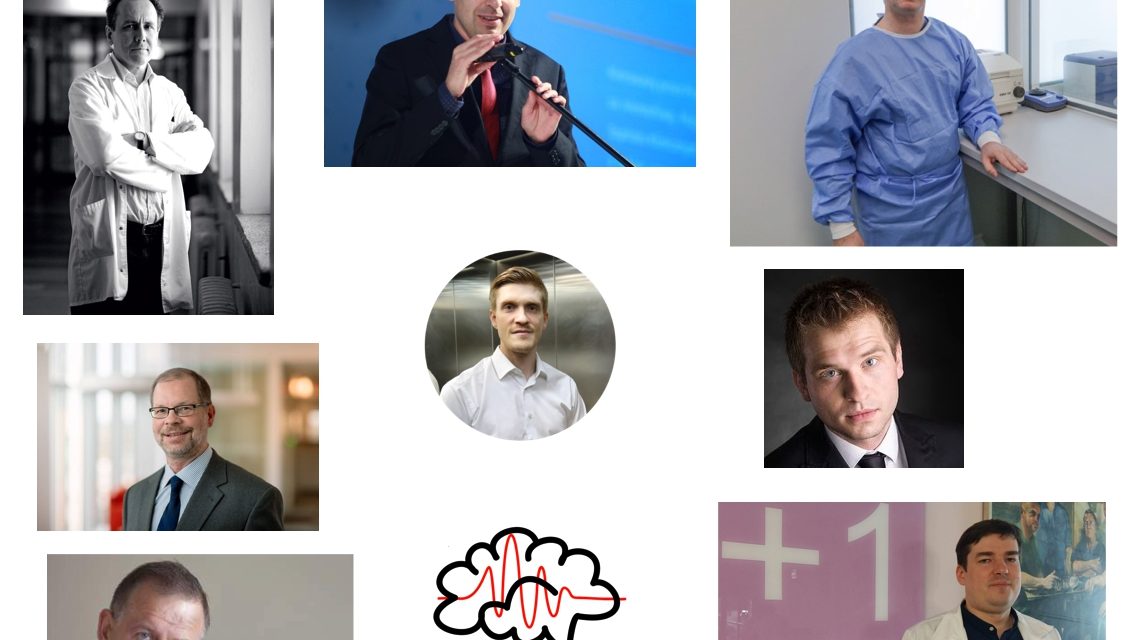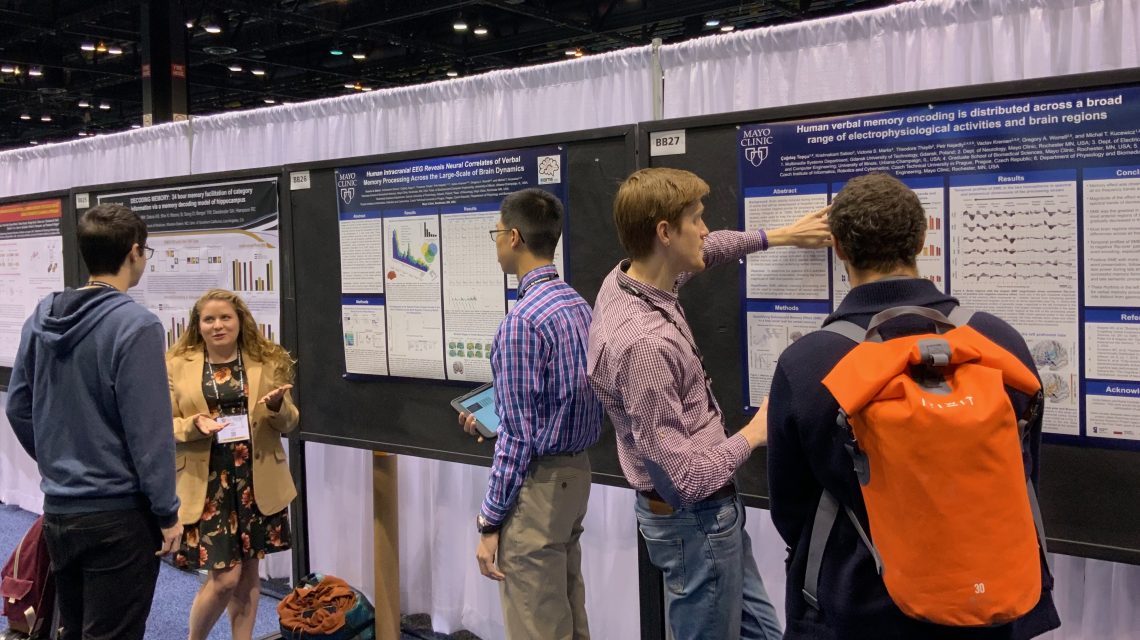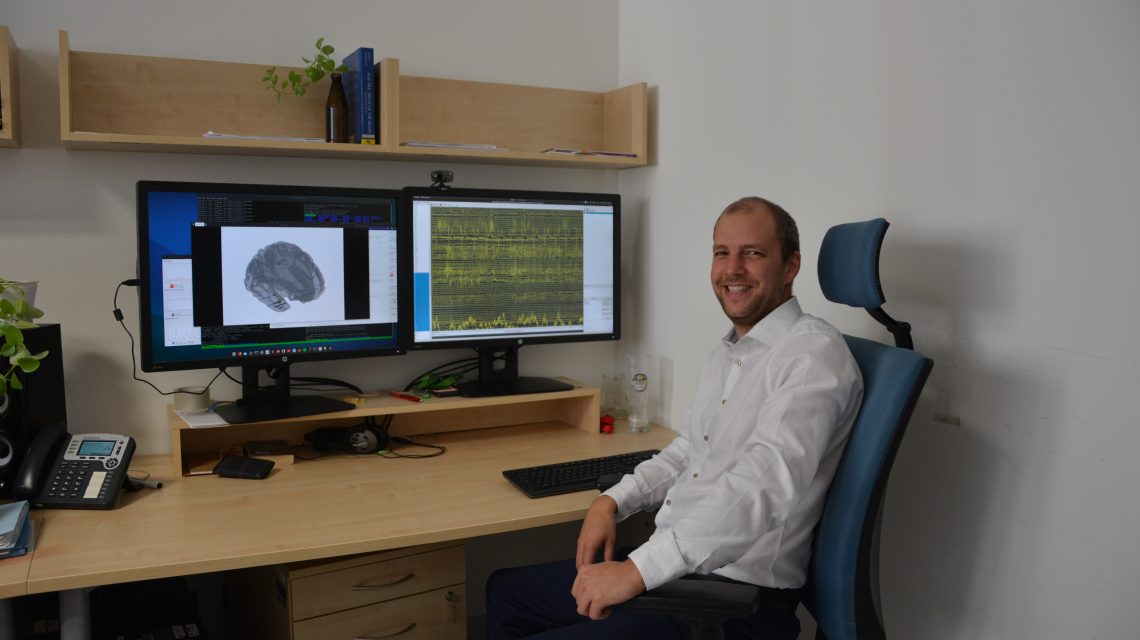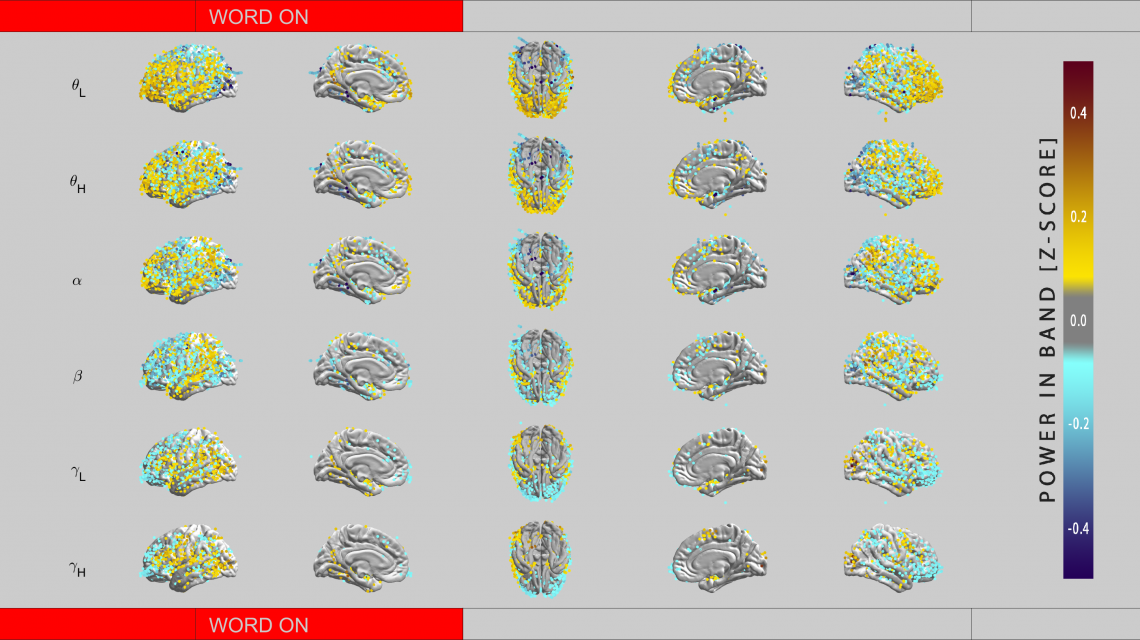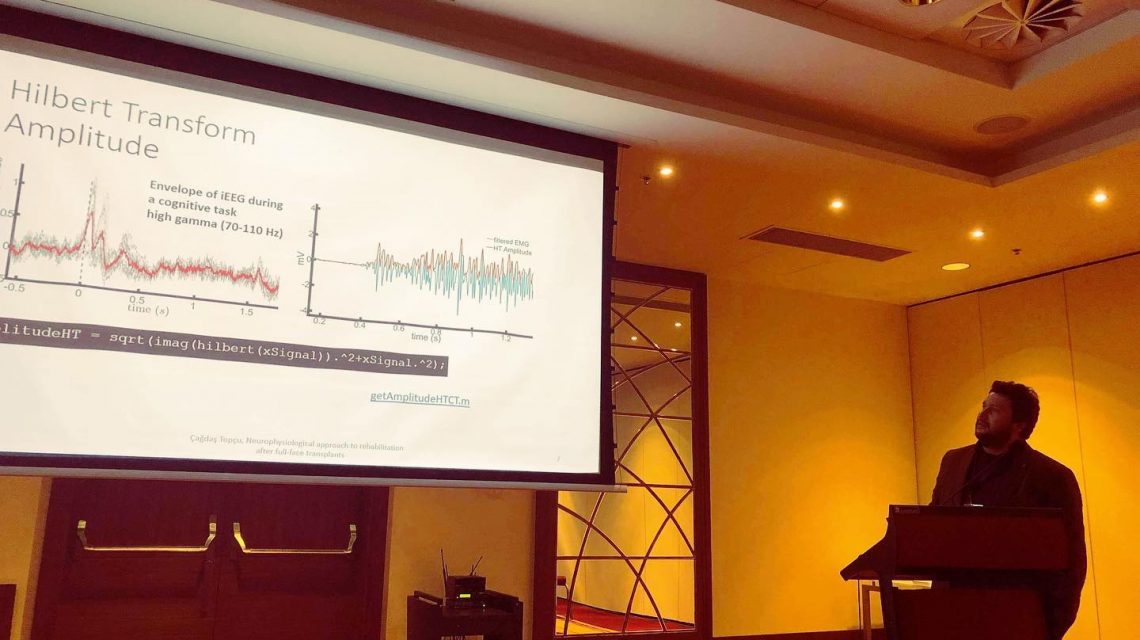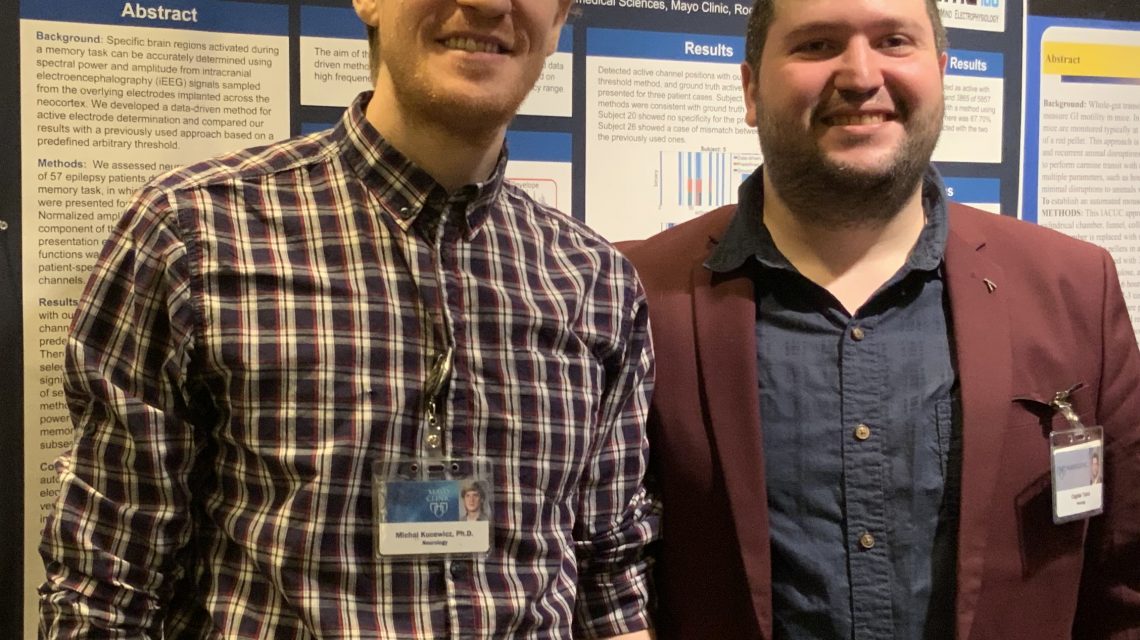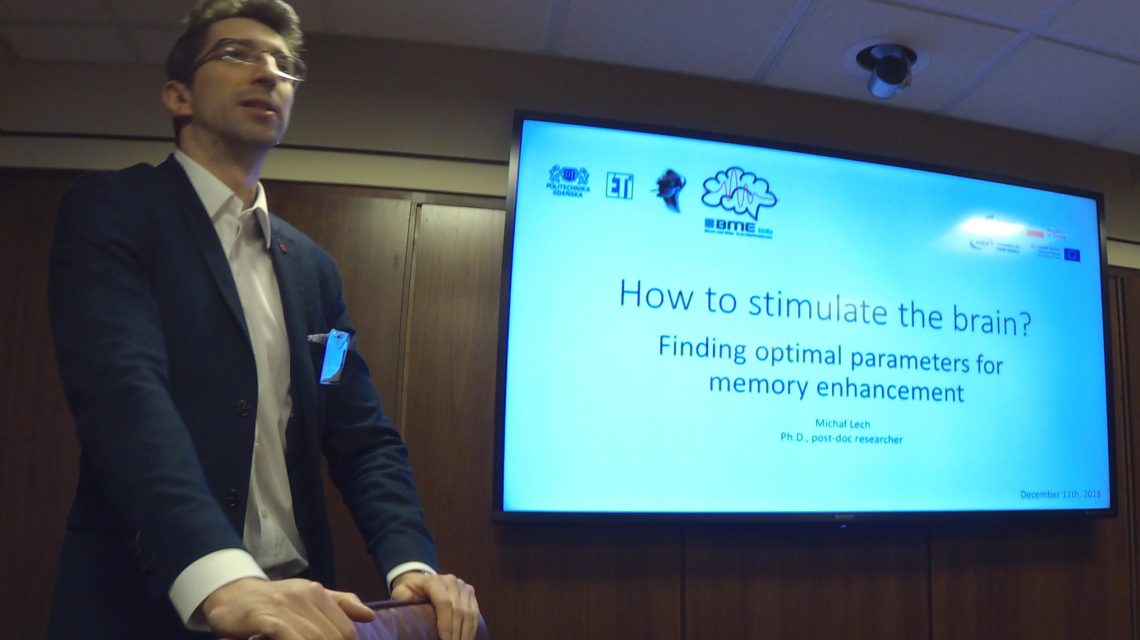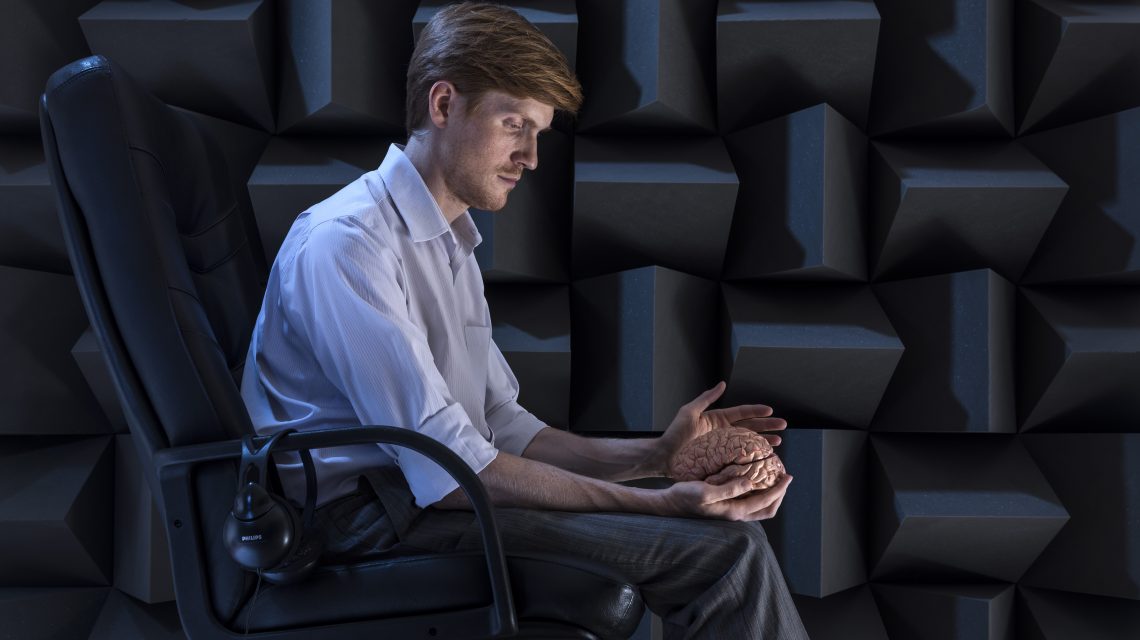We make clinical and research impact on Polish neuroscience
None of us expected that our First Team project funded by the Foundation for Polish Science is going to make such an impact on studying and treating brain disorders in Poland. This month our application for additional funding of high-tech equipment for brain recording and stimulation was approved, following a preceding ethical approval for using it for research and clinical purposes in Poland. Initially it was planned to be used with patients suffering from Parkinson’s disease and…
Continue reading
